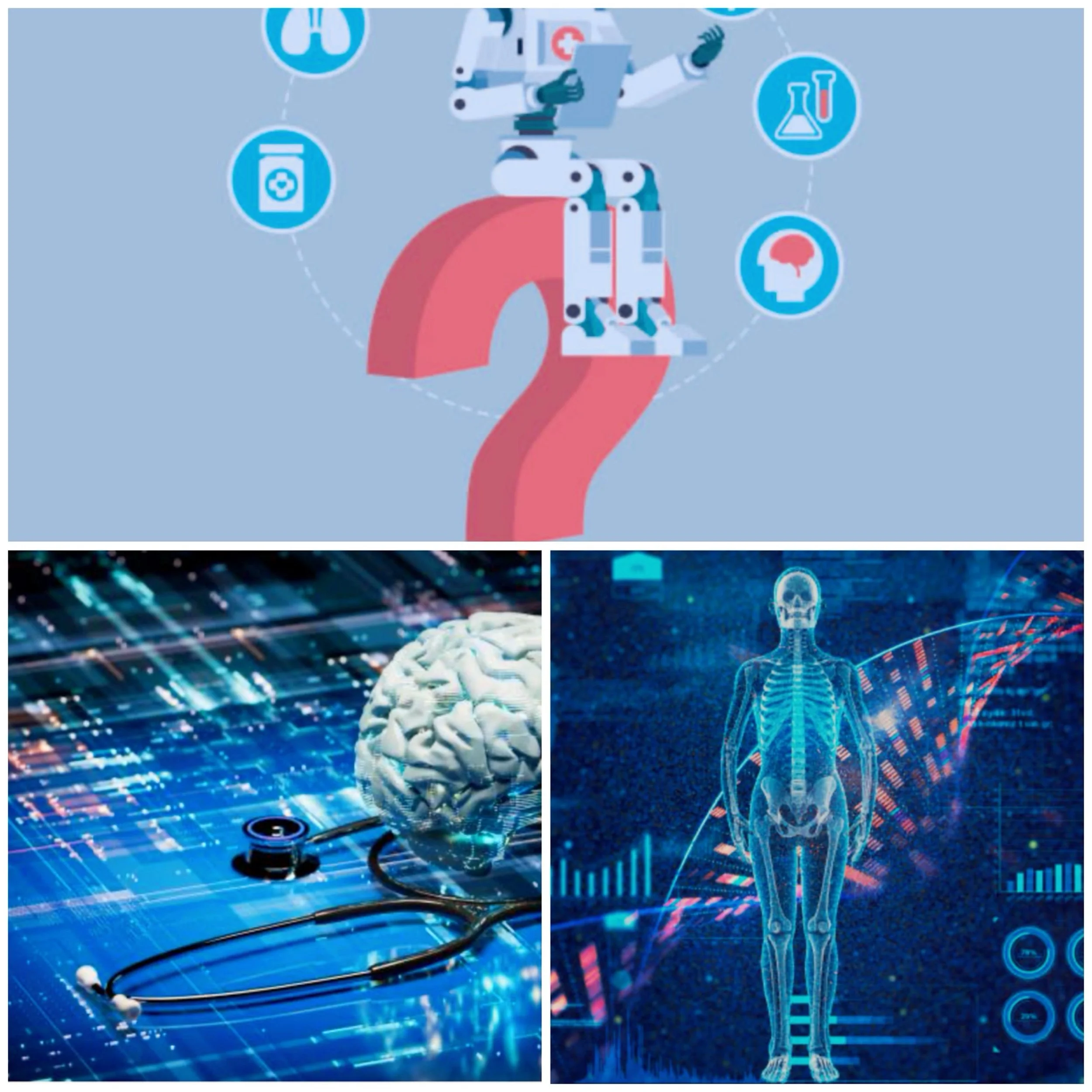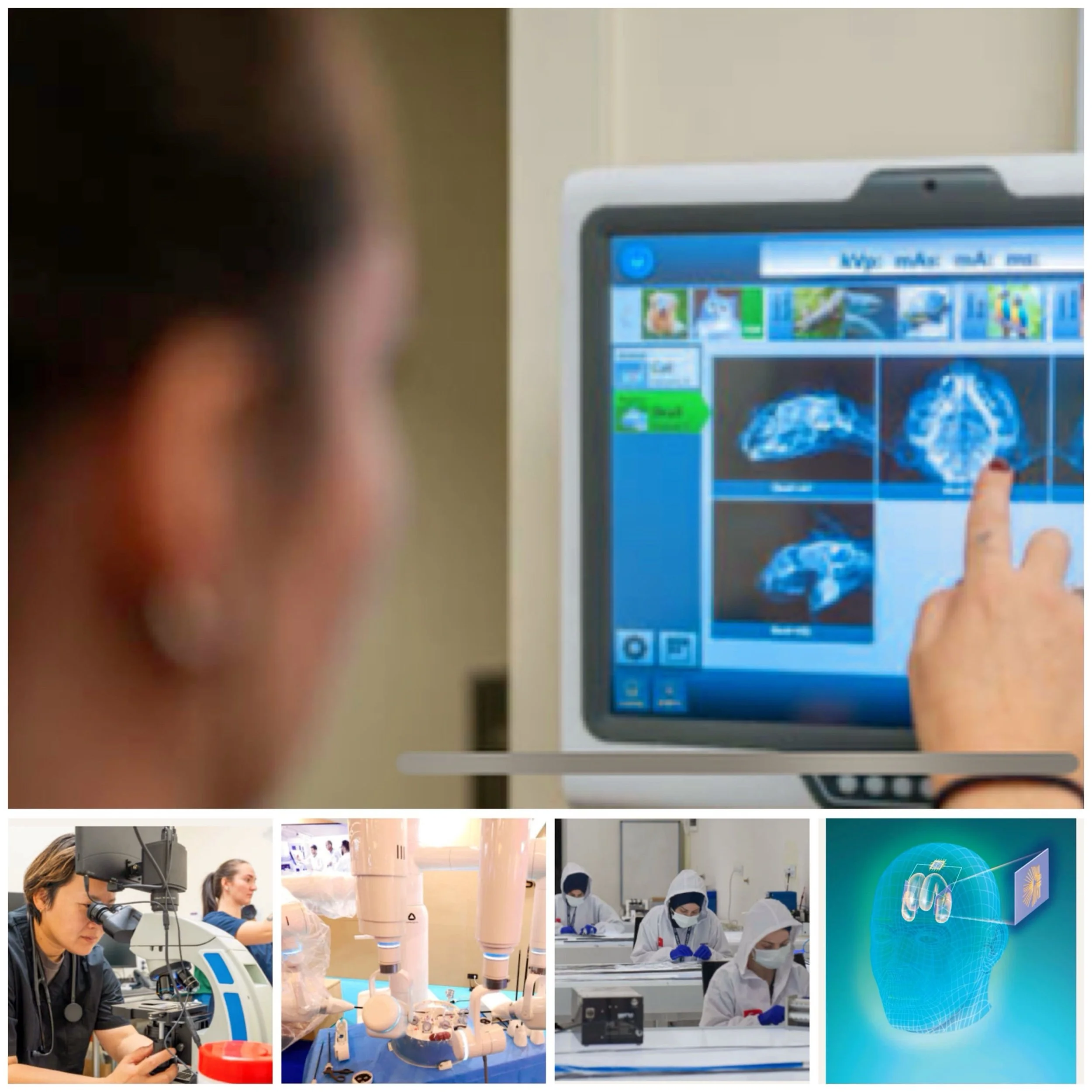Is AI playing a role in cancer treatment
AI is playing a significant and rapidly expanding role in cancer treatment, revolutionizing various aspects of oncology. Here are some key areas where AI is making an impact:
Diagnosis and Screening
• AI algorithms analyze medical images like mammograms, CT scans, and MRIs to detect cancer earlier and more accurately than human eyes alone.
• AI-based software helps pathologists identify areas of prostate biopsy images that may contain cancer.
• Deep learning approaches are being developed for automated detection of precancerous cervical lesions from digital images.
Treatment Planning and Optimization
• AI assists in precise tumor boundary delineation for radiotherapy, optimizing treatment planning and enabling real-time adjustments.
• AI tools like OSAIRIS help oncologists plan radiotherapy 2.5 times faster, reducing patient waiting times.
• Machine learning algorithms predict T-cell responses to tumors, potentially improving immunotherapy effectiveness.
Drug Discovery and Development
• AI accelerates the process of discovering and developing new cancer drugs by analyzing large datasets and identifying potential drug targets.
• AI models predict how individual cancer cells will respond to single drugs and drug combinations.
Personalized Medicine
• AI analyzes patient data to create personalized treatment plans, considering factors like genetic profiles and treatment history.
• The PERCEPTION AI model uses single-cell RNA sequencing data to predict patient responses to specific drugs with high accuracy.
Prognosis and Outcome Prediction
• AI tools help predict cancer recurrence, patient survival, and treatment outcomes.
• Deep learning techniques analyze images at multiple time points to predict prognosis and pathological response in lung cancer patients treated with radiation therapy.
While AI shows great promise in cancer treatment, it’s important to note that it’s not replacing human doctors. Instead, AI serves as a powerful tool to assist oncologists in making more informed decisions and providing more personalized, effective care to cancer patients.






